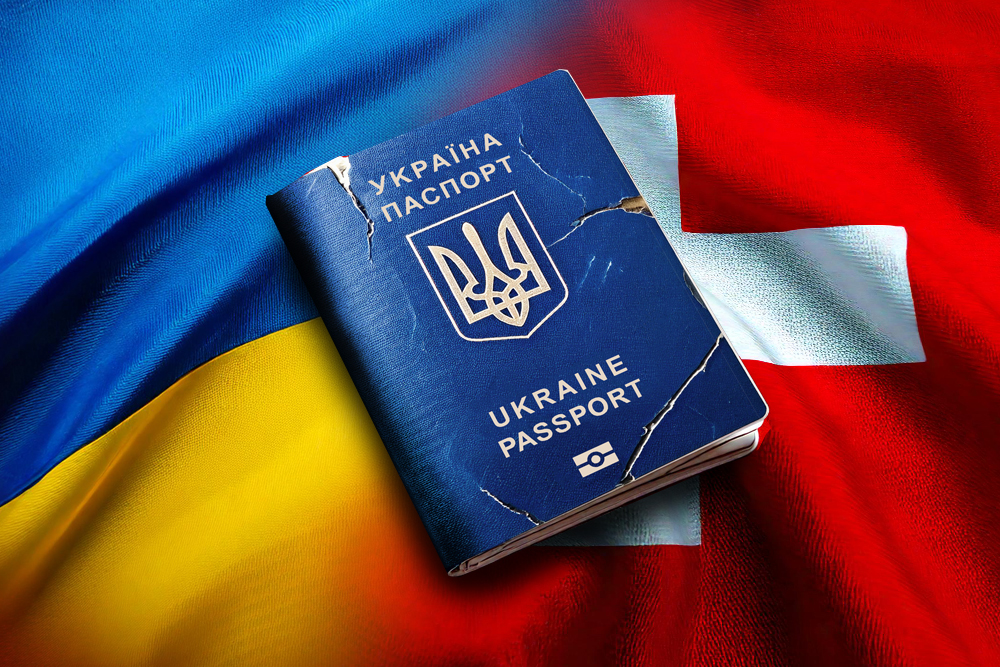German ships that passed through Taiwan Strait were warned off, officials say
By Gerry Doyle
SINGAPORE (Reuters) – The German Navy ships that transited the Taiwan Strait last month received close scrutiny and repeated radio messages from Chinese vessels, the German task group’s commander said on Wednesday, but there was no unsafe behaviour.
The frigate FGS Baden-Wurttemberg and logistics ship FGS Frankfurt am Main were “shadowed by Chinese surface vessels,” who sent radio messages that the South China Sea waters were theirs by law, said Rear Admiral Axel Schulz, adding the German ships responded that they were in international waters exercising freedom of navigation,
“They actually acted in a safe and professional manner, although they have let us know that we are not really welcome,” Schulz said, standing on the helicopter deck of the Baden-Wurttemberg. “But we haven’t really experienced any dangerous situation whatsoever.”
Sept. 13 was the first time German military ships had passed through the strait in 20 years. The People’s Liberation Army’s Eastern Theatre command said at the time that the ships had been warned and monitored, and that the passage “increases security risks and sends the wrong signal”.
Since then, naval vessels from Japan, Australia and New Zealand have transited the sensitive waterway, and U.S. aircraft have flown above it, underlining their position that they were international waters.
The two German ships were there as part of their country’s second Indo-Pacific deployment, a mission to conduct exercises with allies and partners, and to ensure freedom of the seas, Schulz said. They travelled to the Philippines after their strait passage, then headed to Singapore, where they arrived on Wednesday.
On Tuesday, the two German vessels participated in a bilateral exercise with Singapore’s navy to “enhance interoperability”.
Their presence in the Indo-Pacific was important because it showed Berlin’s commitment to its partners in the region, and to being a responsible member of the rules-based international order, said Bettina Fanghanel, Germany’s ambassador to Singapore.
“Germany is not an Indo-Pacific power,” Fanghanel said. “We have vital interests in the Indo-Pacific. … It’s important for me to stress that we are here to stay, that this is a lasting engagement.”
The ships will next head to India, and the Baden-Wurttemberg will eventually be posted off the coast of Lebanon, said German Navy Frigate Captain Alexander Gottschalk.
The frigate, whose main weapons are a 127-millimetre (5-inch) cannon and Harpoon anti-ship missiles, was designed to accommodate special mission personnel, meaning it has 80 spare berths beyond what is needed for the crew of 126, Gottschalk said. That gives it flexibility to help with an evacuation if needed, for example.
The activity of foreign vessels in the strait has come against the backdrop of increased Chinese exercises in the waters around Taiwan, which Beijing claims as its own over the strong objections of the government in Taipei.
At the end of September, China test-flew an ICBM, with the dummy warhead landing in the Pacific Ocean – the first missile test to do so since the 1980s.
Confidential estimates put together by Taiwan’s armed forces said that China spent about $15 billion or about 7% of its defence budget, on military activity around the island in 2023.







